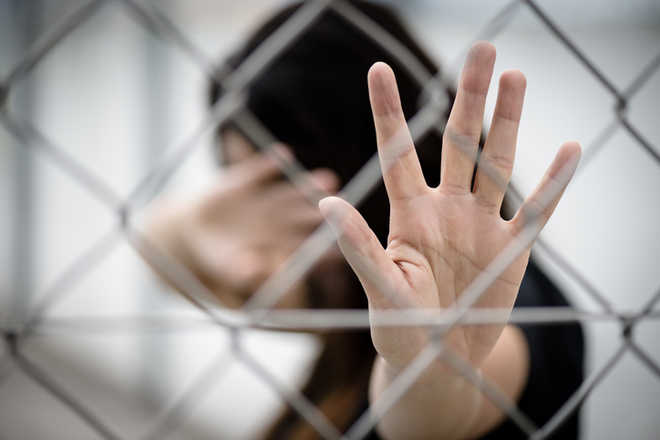
Forced to live with a youth in Bhiwani, a Class IX student from Odisha jumps off the first floor of a house. Injured badly, she is recuperating in hospital. A case is dutifully registered, several provisions and Acts come into play: rape, illegal confinement, child trafficking, child marriage, SC/ST Act. Her ‘husband’ is swiftly arrested. So far so good. The wretched life of this one girl, sold by her uncle for Rs 2 lakh, may turn around, but can that be said about the many star-crossed ‘Paros’ and ‘Molkis’ (called so in local parlance) living in Haryana?
Among the wealthiest states, patriarchal Haryana continues to battle an adverse sex ratio of 879, and a child sex ratio of 834. The dwindling numbers have encouraged the practice of buying a bride — sometimes, for as little as Rs 10,000 — from West Bengal, Assam, Bihar, Odisha, Jharkhand. The practice, referred to as a ‘low caste practice’, is more pronounced in backward districts like Mewat; and is also prevalent in Punjab and western UP. The social reality is complex. While ‘higher’ caste men marry local women, those unemployed or belonging to ‘lower’ castes are forced to look outside the state. No harm done if it ends happily for both partners, except it doesn’t. Any number of things may go wrong: the woman may be resold after she bears a son, also if she bears daughters; forced to work in fields; may be shared among brothers; may be abandoned. She has no rights, legal or social.
According to the 2016 National Crime Records Bureau report, half of the 33,855 people abducted for the purpose of ‘marriage’ were under the age of 18. The practice can’t have social sanction, but social and police intervention is a must. Punjab’s NRI Commission looks into cases of deserted brides. Haryana should start with ensuring all marriages are registered. It needs to strengthen the Scheme for Women in Difficult Circumstances (SWADHAR), in force since 2007. The current approach smacks of apathy; all the slogans of ‘Apni Beti Apna Dhan’, ‘Beti Bachao Beti Padhao’ will not be able to ameliorate the lot of women.



























